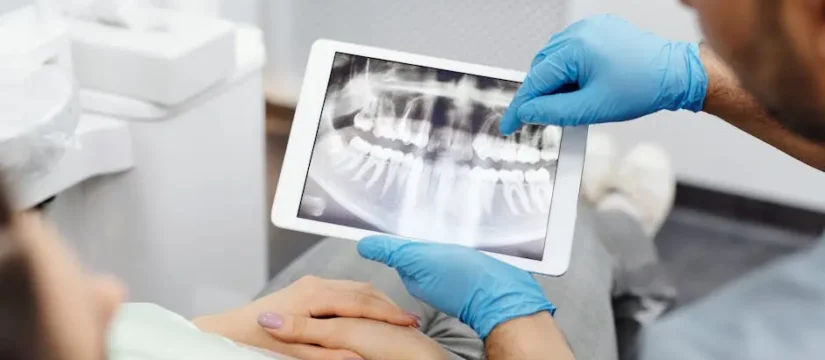
Full mouth restoration is a comprehensive approach to restoring the health and aesthetics of your mouth. It is often a necessary solution for those dealing with complex dental issues. In this FAQ, we will explore what full mouth restoration entails, when it becomes necessary, and what the process looks like.
Understanding Full Mouth Restoration
Full mouth restoration, often referred to as complete mouth rehabilitation, involves a series of dental procedures designed to improve the overall function and appearance of your mouth. This comprehensive approach may include a combination of dental crowns, bridges, veneers, implants, and orthodontic treatment. Essentially, it’s about revitalizing your smile by addressing multiple concerns all at once.
This process is tailored to each individual, taking into account your specific dental needs and aesthetic goals. For those suffering from severe dental problems, such as extensive tooth decay, periodontal disease, or jaw issues, full mouth restoration can be the key to restoring both health and confidence.
In short, if your mouth is a complex puzzle of dental issues, full mouth restoration could be the answer to putting all the pieces back together efficiently.
Common Reasons for Needing Full Mouth Restoration
There are several common reasons why someone might need full mouth restoration. One major factor is the presence of multiple missing teeth, which can cause alignment issues and impact your ability to chew effectively. Replacement with implants or bridges can solve these problems.
Additionally, chronic dental issues such as gum disease can lead to significant tooth loss and deterioration of the jawbone, making restoration crucial. Patients who have experienced trauma resulting in major tooth damage often turn to full mouth restoration as a means of reclaiming their smile and function.
Furthermore, patients undergoing treatments like chemotherapy may experience a range of dental issues, from weakened gums to tooth loss. In these cases, a full mouth restoration can play a vital role in improving their quality of life.
It’s also worth noting that for some individuals, aesthetic concerns due to color, shape, or size discrepancies among teeth can prompt the need for a more holistic dental approach.
What to Expect During the Process
Undergoing a full mouth restoration is typically a multi-step process, starting with a thorough consultation and evaluation. In this initial stage, your dentist will examine your teeth, gums, and jaw, and will likely take X-rays to gain a comprehensive understanding of your oral health.
After identifying the areas that need attention, a personalized treatment plan will be developed. This may involve various treatments, including extractions, implants, and restorative work. It’s important to note that the timeline for full mouth restoration can vary significantly based on individual circumstances.
Some patients may complete the restoration process in just a few months, while others might require a year or more. Throughout this journey, regular follow-ups with your dentist will help monitor progress and ensure all aspects are progressing smoothly.
Benefits of Full Mouth Restoration
One of the most significant benefits of a full mouth restoration is the immediate boost in oral function. After treatment, many patients find they can chew and speak much more comfortably, enhancing their daily life.
Moreover, the aesthetic improvements can be profound. A restored smile can lead to increased self-confidence and a willingness to engage more in social situations. Beyond just looks, however, this type of restoration has long-term health benefits, such as preventing further tooth loss and the complications that arise from untreated dental issues.
In essence, full mouth restoration is not just a cosmetic fix; it’s a holistic improvement to your well-being.
Consultation and Evaluation for Full Mouth Restoration
A consultation for full mouth restoration is essential to determine the best approach for each patient. During this appointment, expect to discuss your medical history, any concerns, and your specific goals for the outcome.
Your dentist may perform a comprehensive examination, including visual inspections and diagnostic imaging, to assess the current state of your oral health. This information allows them to create a detailed treatment plan tailored to your individual needs.
It’s also a great opportunity to ask questions about the procedures, recovery times, and expected results, ensuring you feel fully informed before moving forward.
Final Thoughts on Full Mouth Restoration
Full mouth restoration can greatly improve your oral health and overall quality of life. If you are experiencing multiple dental issues, consider discussing the option of full mouth restoration with your dentist.
